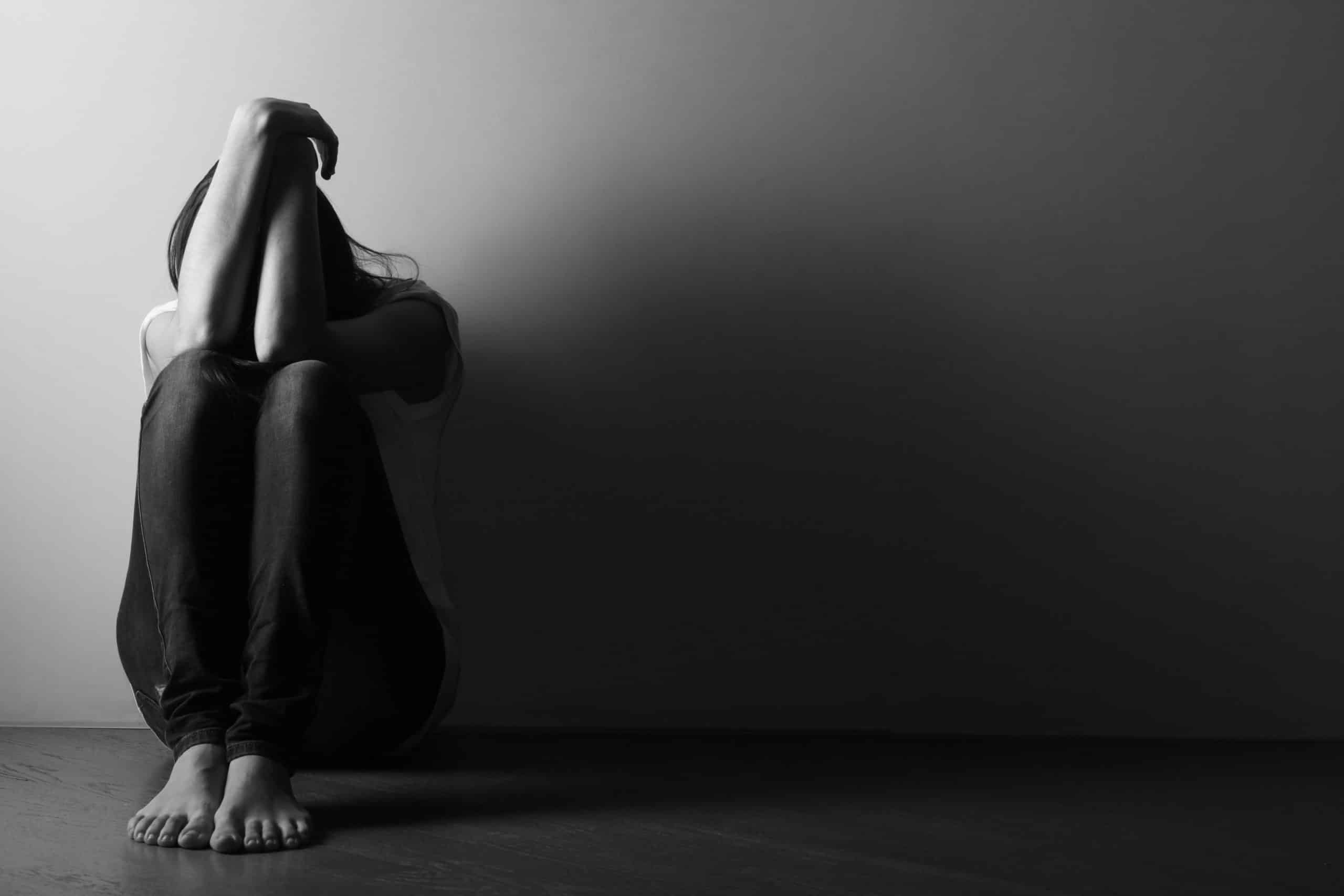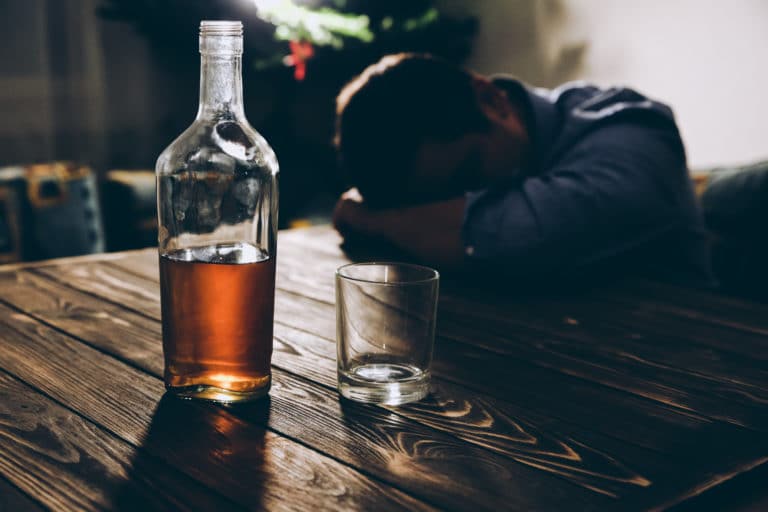If you or someone in your family struggles with addiction, it’s imperative that you understand the signs of an overdose, how to help if something goes wrong, and where you can get treatment.
What is an Overdose?
An overdose is when someone takes too much of a particular substance. In high doses, there are certain drugs that your body can’t metabolize fast enough, and they are highly toxic. Toxins in your body can lead to OD symptoms and death with an overdose.
What are the Signs of an Overdose?
The signs of an overdose will vary depending on the substances. The most common symptoms of drug overdose include:
- Rapid heartbeat
- Increased temperature
- Chest pain
- Dilated pupils
- Problems breathing
- Blue or purple lips or fingers
- Nausea and vomiting
- Gurgling sounds when trying to breath
- Confusion
- Dizziness
- Seizures
- Unconsciousness
Heroin
Heroin is a hazardous drug with a high risk of overdose each time it is used. Heroin overdose signs include choking sounds while sleeping, confusion, dry mouth, weak pulse, slow breathing, or unresponsiveness. Someone dealing with a heroin overdose might seem sleepy or constantly out of it, nodding off regularly.
Alcohol
Alcohol has a similarly high risk of overdose, referred to as alcohol poisoning. With alcohol, signs of an overdose include blacking out or passing out, severe problems speaking, motor skill problems, irregular heartbeats, no gag reflex, the inability to stay conscious, low body temperature, blue skin, vomiting, and seizures.
Cocaine
Cocaine is a stimulant that has a very high risk of overdose. The signs of cocaine overdose include hallucinations, confusion, tremors, seizures, anxiety, increased sweating, problems breathing, increased body temperature, rapid or abnormal heartbeats, and chest pain. Cocaine overdose can only be reversed by medical professionals.
What Drugs Can Cause an Overdose?
Unfortunately, many drugs can cause an overdose, including:
- Morphine
- Heroin
- Cocaine
- Methamphetamine
- Designer drugs
- Benzodiazepines
- Alcohol
- Inhalants
- Prescription drugs
- Sedative antihistamines
- Cough medicines
What to do During an Overdose?
If you see signs of an overdose, you must respond accordingly.
Step 1: Call 9-1-1
You absolutely must get someone with medical training to your location immediately. If you are the only person there, you can put the phone on speaker and say, “someone is not breathing,” and they will walk you through the steps while waiting for First Responders. Even if you have First Aid training, when you see overdose signs, you call for help or instruct someone else to call for help.
Step 2: Check for Opioid OD Symptoms
Signs of an overdose, particularly for opioids, can result in death if not treated. So, check to see if:
- The person’s body is limp
- They are pale and clammy
- Their heartbeat is very slow or nonexistent
- They are unresponsive
- They have a blue or purple color to their lips or fingernails
- They are vomiting
You might mistake signs of being overmedicated on prescriptions for overdose signs. Usually, the signs someone took too much of a drug is they appear to be in a deep sleep and won’t wake up, with slurred speech, shallow breathing, and slow heart rate. Opioids are particularly problematic where an overdose is concerned because opioids suppress breathing, so they might emit a “Death rattle” or exhalation that sounds laborious and from the throat, not the lungs.
Step 3: Support Their Breathing
Whether the signs point to an overdose or being overmedicated, you must support their breathing until help gets there. You probably don’t have a spare oxygen tank lying around, but you can check that they have a clear airway and, if necessary, administer breathing for them. It is advisable to undergo First Aid training, an introductory one-day course which can teach you the proper method for this and many other emergencies.
If you have naloxone, you should administer it immediately. This is readily available from your doctor or other pharmacies for anyone who wants to add it to their First Aid kit. You do not need any special qualifications to get naloxone, nor do you need to be a First Responder to use it. Those who are not First Responders will be given a nasal spray. First Responders and medical professionals are given an injection.
How to Find Substance Abuse Treatment
If you recognize overdose signs in yourself or someone else, it’s time to get help. Recovery is possible with Ocean Coast. Our Orange County drug and alcohol rehab center provides an opportunity to remove yourself from the chaos of everyday life and get the treatment you deserve. Overcoming addiction is a challenging and complex path that you can’t do alone. The disease makes you feel isolated, but we understand how to help you find the right path within a community of supportive professionals and a network of friends. With our treatment center, we can pull you out of the darkness of addiction and away from the isolation you feel while breaking the negative habits of addiction and finding healthy ways to cope with discomfort and stress in the future.
Reach out to us today for help with your addiction and for comprehensive inpatient treatment in Los Angeles, CA.





